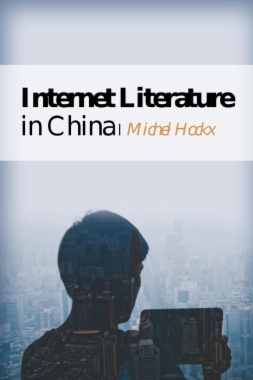Since the 1990s, Chinese literary enthusiasts have explored new spaces for creative expression online, giving rise to a modern genre that has transformed Chinese culture and society. Ranging from the self-consciously avant-garde to the pornographic, web-based writing has introduced innovative forms, themes, and practices into Chinese literature and its aesthetic traditions.
Conducting the first comprehensive survey in English of this phenomenon, Michel Hockx describes in detail the types of Chinese literature taking shape right now online and their novel aesthetic, political, and ideological challenges. Offering a unique portal into postsocialist Chinese culture, he presents a complex portrait of internet culture and control in China that avoids one-dimensional representations of oppression. The Chinese government still strictly regulates the publishing world, yet it is growing increasingly tolerant of internet literature and its publishing practices while still drawing a clear yet ever-shifting ideological bottom line. Hockx interviews online authors, publishers, and censors, capturing the convergence of mass media, creativity, censorship, and free speech that is upending traditional hierarchies and conventions within China—and across Asia.
- Table of Contents
- Acknowledgments
- Note on Online Sources
- Introduction
- 1. Internet Literature in China: History, Technology, and Conventions
- 2. Linear Innovations: Chen Cun and Other Chroniclers
- 3. The Bottom Line: Online Fiction and Postsocialist Publishing
- 4. Online Poetry in and out of China, in Chinese, or with Chinese
- Conclusion
- Notes
- Bibliography
- Index

